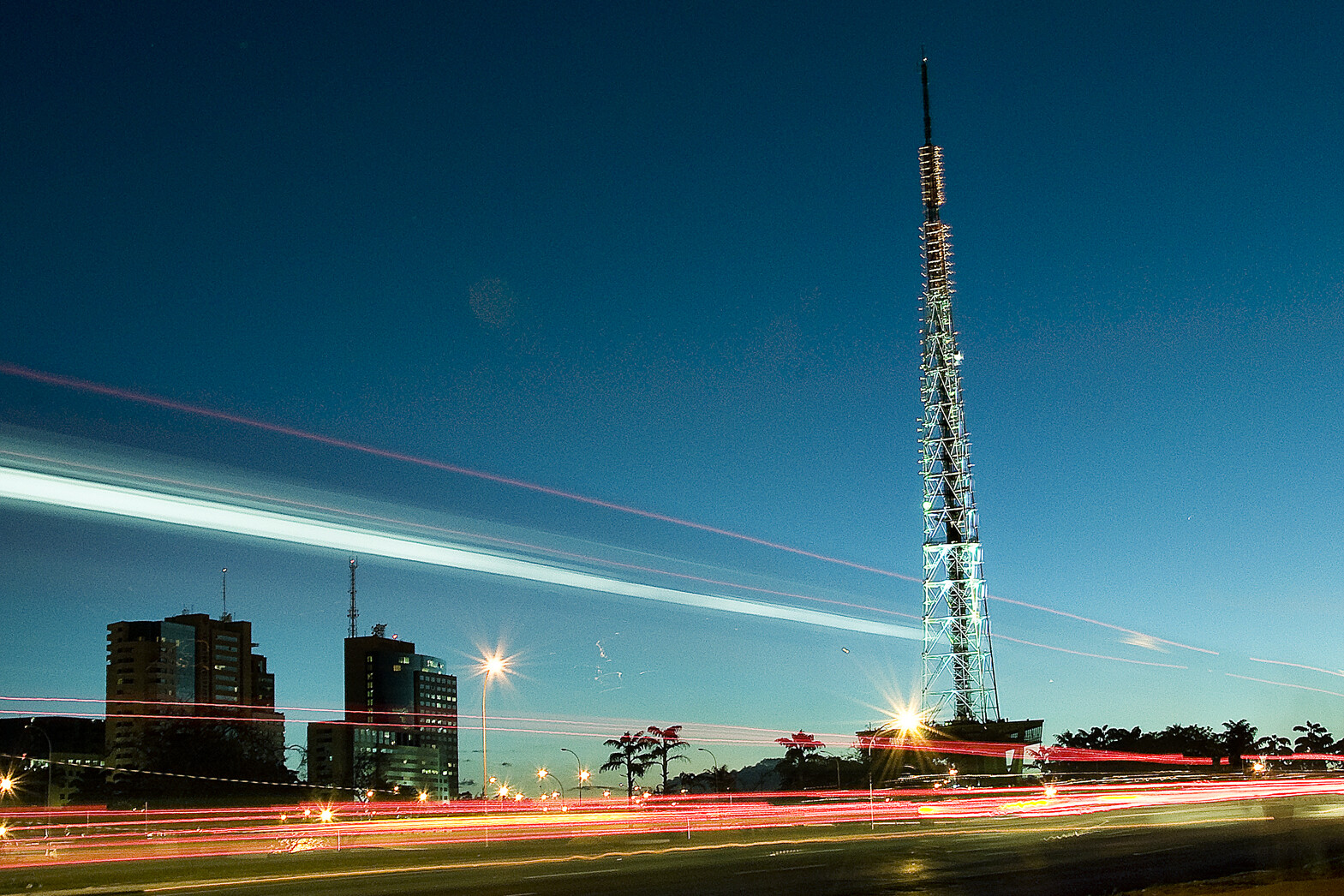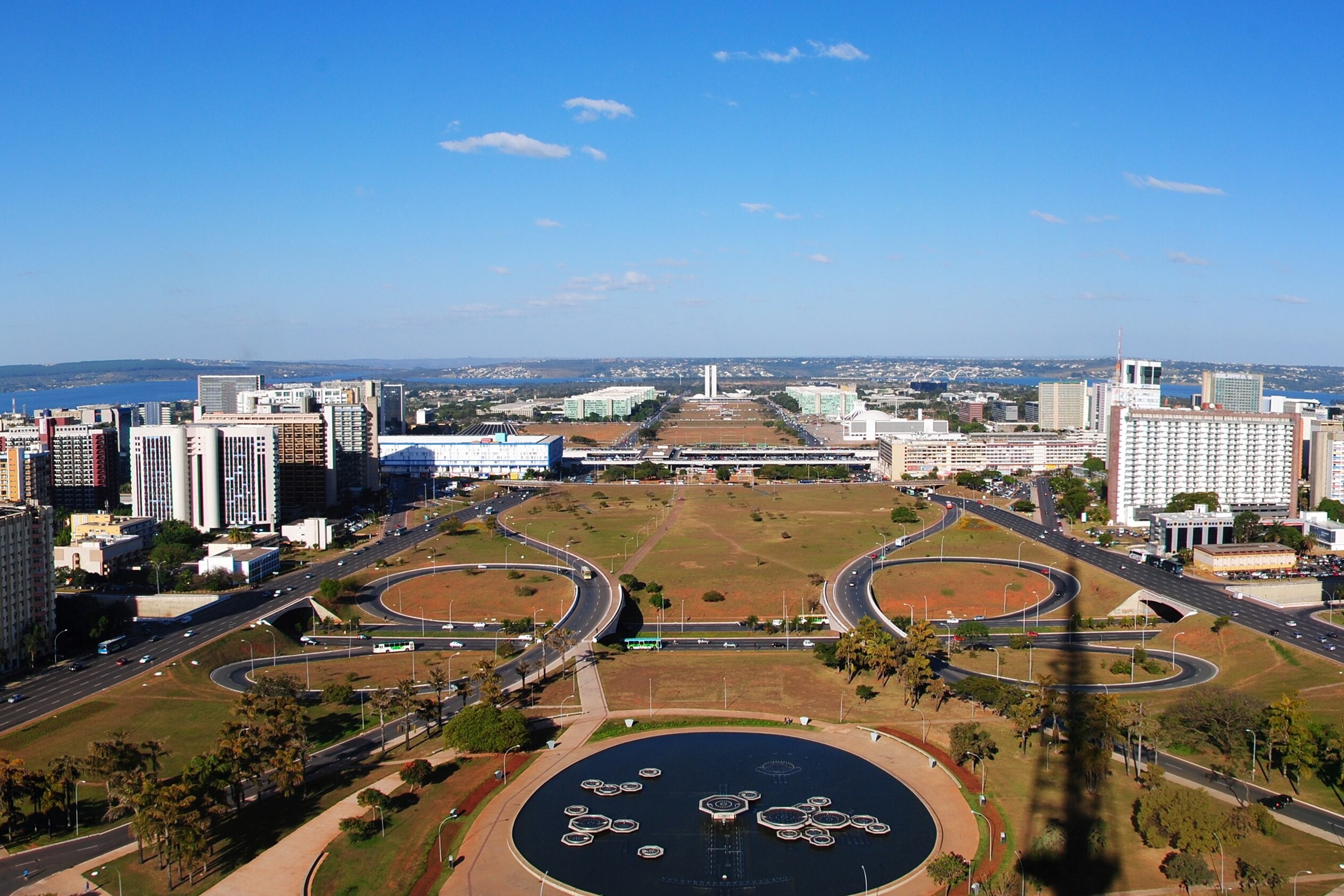Concern as provisional measure, approved by the Senate last week, increases state control over the country’s public broadcaster.
Last Thursday, the Brazilian Senate discussed and approved the controversial provisional measure 744/2016, proposed by President Michel Temer’s government in September to restructure the Empresa Brasil de Comunicação (EBC).
The approval means that the Senate has given the green light to all the critical points of the reform, among which include the removal of EBC’s Board of Trustees and its replacement with an Editorial board, whose members will be approved by Brazil’s President.
As we’ve previously reported, for some government representatives, the Board of Trustees was biased and negatively affected its performance. However, for the Board itself and all those aligned with the government of former President Dilma Rousseff, the Board performed a key role in managing public TV in the country and ensuring that society’s interests were represented in its programming.
The other critical point is what occurs at the end of a fixed term for the CEO of EBC. Previously the CEO had to step down after four years and could only be removed by the Trustee Board. With the news measure in place, the CEO no longer has a fixed mandate and can be dismissed anytime by the President, which suggests that the company will have to align itself with the government’s ideology in order to keep the CEO in place.
Both points were the two main pillars through which the EBC tried to guarantee a level of autonomy from the federal government. According to the Federal Public Ministry, this new measure signals “the subordination of the company to the [government] and [its] conditioning to strict market rules,” as well as “censorship of a political, ideological and artistic nature”.
The end of PSM in Brazil?
The Senate’s approval has been met with wide criticism by the opposition and the now ex-members of the Board, who see it as the end of public media in Brazil. Indeed there is concern that this measure will take away much of EBC’s ‘public’ nature and independence due to its new closer ties to the government.
“It is a lie that it [the Board of Trustees] was a device of the left: how many renowned journalists, how many renowned cultural programmers without any connection with the PT or with the left were part of their curatorial council so that we could have transparency so that we could have social control?” asked Senator Humberto Costa.
Costa also stressed the sociopolitical importance of public media, saying that no one should give up on it as it gives the population access to information that steers clear from commercial interests and that of other broadcasters competing in the private sphere.
Other senators concurred with these opinions, stressing that undermining public media also means harming democracy as a whole, as the measure might signify a will to control what society reads, hears, and watches. Brazil is not performing well in terms of freedom of information, and it actually dropped 5 places in the 2016 World Press Freedom Index, ranking 104/180.
But the attack on public media in Brazil does not end there. Some members of the government have criticised the structure of EBC as a whole and wish for its closure.
Senator Ronaldo Caiado (DEM-GO), for example, said that the EBC is a drain on citizens’ pockets, since it costs more than US$600 million per year to run. The senator also argued that the public broadcaster does not provide services that improve the quality of life of the population. According to him, this money could be used in more important areas such as health and education.
“Actually, what we need is a provisional measure closing EBC. The Federal Senate – faced with a critical crisis – needs not only to review the 41 state-owned enterprises created by the PT governments, but also to seek real sanitation, a real clean-up, thereby reducing public spending,” he said.
For the sake of efficiency
The measure was approved in a bid to boost the organisation’s efficiency, although many argue it will actually do the opposite.
The Congressional Social Communication Council (CCS), the Parliament’s auxiliary body, issued an opinion stating that “the provisional measure leads EBC to a mere governmental apparatus, leaving the project of an autonomous and efficient public communication ever more distant.”
Furthermore, the new structure does not seem to be aimed at improving efficiency, but rather at responding even more directly to the demands of the federal government. The EBC’s Board of Trustees, composed for the most part of civil society members, was there to establish the broadcaster’s democratic character, not as an obstacle to administrative efficiency. Its dismissal leaves an open question – who will be responsible to ensure that EBC actually remains ‘public’?
Unconstitutionality
The debate is set to continue as many experts, such as the OAS Special Rapporteur for Freedom of Expression and media professionals are arguing that the changes proposed by the measure are unconstitutional.
First of all, a provisional measure requires urgency or relevance, according to the constitution, in order to be issued. However, there was no urgency to reformulate the structure of EBC that was developing and carrying on its activities.
Secondly, in undermining the structure of a public system in the country, alongside the state and private, the provisional measure also violated Article 220 of the Federal Constitution, which deals with the complementarity between communication systems and freedom of expression.
According to the newspaper Carta Capital, it is likely that the debate surrounding the decision will be continued in court.
The Public Media Alliance will follow the debate and will continue to support the need for strong and independent public media in Brazil.
Header image: National Congress of Brazil. Credits: Marcelo Jorge Vieira from Brazil/Creative Commons
Related Posts
15th November 2016
Public broadcaster in Brazil will go back to buying content from private TV
The series of measures that have lately…
12th October 2016
Further measures undermine public media in Brazil
The government’s decision to wipe out…
27th September 2016
The future remains uncertain for public service media in Brazil
The future of public media in Brazil is…


